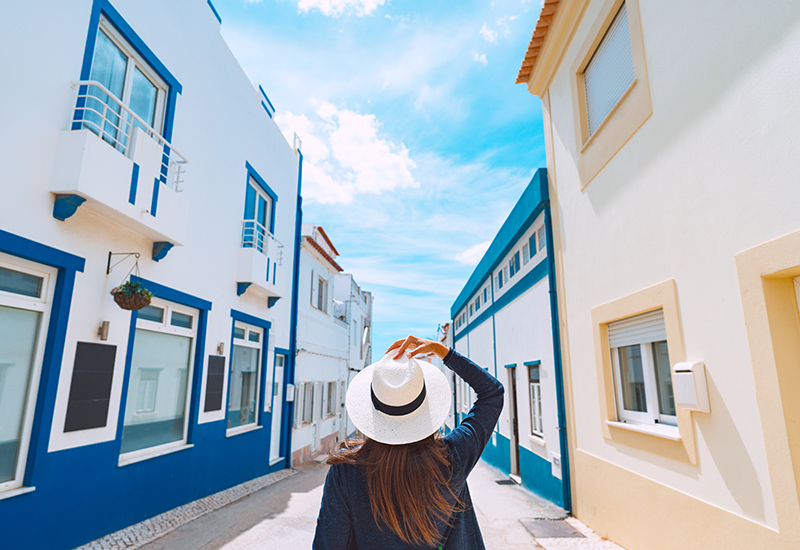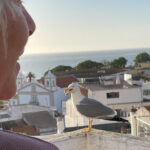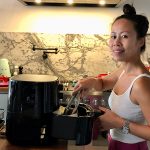Ever since I moved to Portugal nearly four years ago, I’ve been asked the same question hundreds of times. “Is it a good investment to buy property in Portugal?” The answer isn’t black and white. Although Portugal has attractive foreign investor programs, many of them are rapidly shifting. Be sure to check on the status of the Golden Visa and NHR first if you’re purchasing with those factors in mind.
Unlike the United States, where comparables and historical rates are public domain, actual purchase prices here in Portugal can be difficult to understand.
The starting point of every purchase is price. Savvy buyers know that you make your money on the purchase, not the sale. So how can you determine the worth of a property? Without knowing what other things nearby actually sold for and when makes this hard to determine. Unfortunately, when it comes to prices, Portugal is really the wild west. It’s anyone’s guess what the final price may or may not have been. Prices in the Algarve have gone up by over 50% in the last few years, which makes things even more difficult to evaluate.
Fortunately, for careful buyers, there are plenty of fabulous investments here in Portugal. But a few tips for what you can do and what to avoid may help you make the right purchase. I’ve collected a few pro tips to share that I hope will help you avoid the pitfalls and mistakes I learned the hard way. Before you buy anything here, you’ll need to get your NIF tax number sorted out and open a local bank account.
Find a good agent who you trust and stick with them
This may be the hardest part of your process. Do your research. Find a reputable agency and do your homework. Ask for references. Get recommendations from friends if you can. A local agent who has the knowledge and expertise of the market will be the most invaluable part of your purchase. Especially since final sale prices are not public, your agent will understand better than anyone what is a good value for what you’re getting and what to avoid. They will also know how long properties have been on the market and if there was a shift in its price. I’ve seen a house on the market for years that just would not sell and then suddenly the price goes up by 50% and it sells. It happens here a lot.
A good agent will know these things and they can help you avoid overpaying. Sticking with your agent will also motivate them to help you. They earn money only when you buy, so if you have a zillion different agents, you may have a harder time getting appointments to see properties and finding out the real story behind the current properties for sale. Having a single person you work with is a good choice for the process here. Even if that agent doesn’t have the property you want exclusively, they can get you in to see whatever you want and give you sound advice about the property when you do see it.
Ask the right questions
Whether you’re buying a property to live in, as a retirement home for the future or as a rental investment, you should ask about the local taxes, homeowner association fees, water and electricity bills and especially its energy efficiency. Homes in Portugal have a tendency towards dampness so be sure you ask about insulation on older homes. If it’s a large garden or a large plot of land, you’ll want to be sure you have a borehole so you don’t spend a fortune to water your plants/crops.
Get a good lawyer to examine the paperwork
Before you buy anything in Portugal, find a good lawyer who you trust to help you. The paperwork can be overwhelming – especially if you don’t speak Portuguese. There are many different types of land classifications and rules here about what you can build (or not) on what type of land. For example, if you buy a large plot with the intention to build a house, be sure you have; a) permission to build on that land from the municipality and b) the legal right of passage. If a seller tells you that the project is awaiting approval, make sure a lawyer checks that you will receive approval. That process alone can take years. Literally. Second, double-check that your land can be legally accessed by road. There are many pieces of land here that remain ‘land-locked’ because you don’t actually have the right to get to them. Make sure there’s a clear, legal road before you buy a plot to build on. Ask your lawyer to check this. If you’re buying an existing property, ask your lawyer to verify the ownership status, taxation history and deeds before you sign any promissory notes.
Calculate your costs
Here in Portugal, the purchase tax (IMT) depends on the type of property and its price. Be sure you include all the hidden fees before you make a final decision. Purchase tax ranges from 2–7.5%, but you also have stamp duty (0.08% of the deed), notary service fees (anywhere from 200€ all the way up to 3.500€), and your lawyer fees (usually 1% of the purchase price plus VAT). Be sure you also understand the local annual tax rates before you purchase, as this is an ongoing fee that needs to be paid every year. It’s called the IMI and it varies between regions, but is usually between 0.2% and 0.8% of the purchase price of the property. It’s a complex rating based on location, amenities, build year, and construction area.
Visit the Property & Ask About the Seasons Year-Round
The trend towards buying sight unseen has exploded in recent years, and if you have an agent you trust completely, that can work. But if you’re able to see it yourself, it’s a good idea to visit in person and inquire about the entire year. For example, if you visit in the summer, you may not realise the walls are damp in the winter. Or you may not know that in the low season, when tourism slows down, many nearby bars, shops and restaurants also close. Another huge factor in the Algarve is the wind. North-facing properties here can often be hit hard by the forceful gales. It’s possible to construct barriers and plant trees but ask about the wind when you visit. Your agent will know.
Meredith Price Levitt has been a freelance writer for over 20 years. When she’s not writing, she’s teaching aerial silks. Her new aerial studio & retreat centre 1km from Lagos, called The House of Honey opened this spring. An American expat, she moved to the Algarve in 2020. In her spare time, she’s learning how to take care of a small farm.













